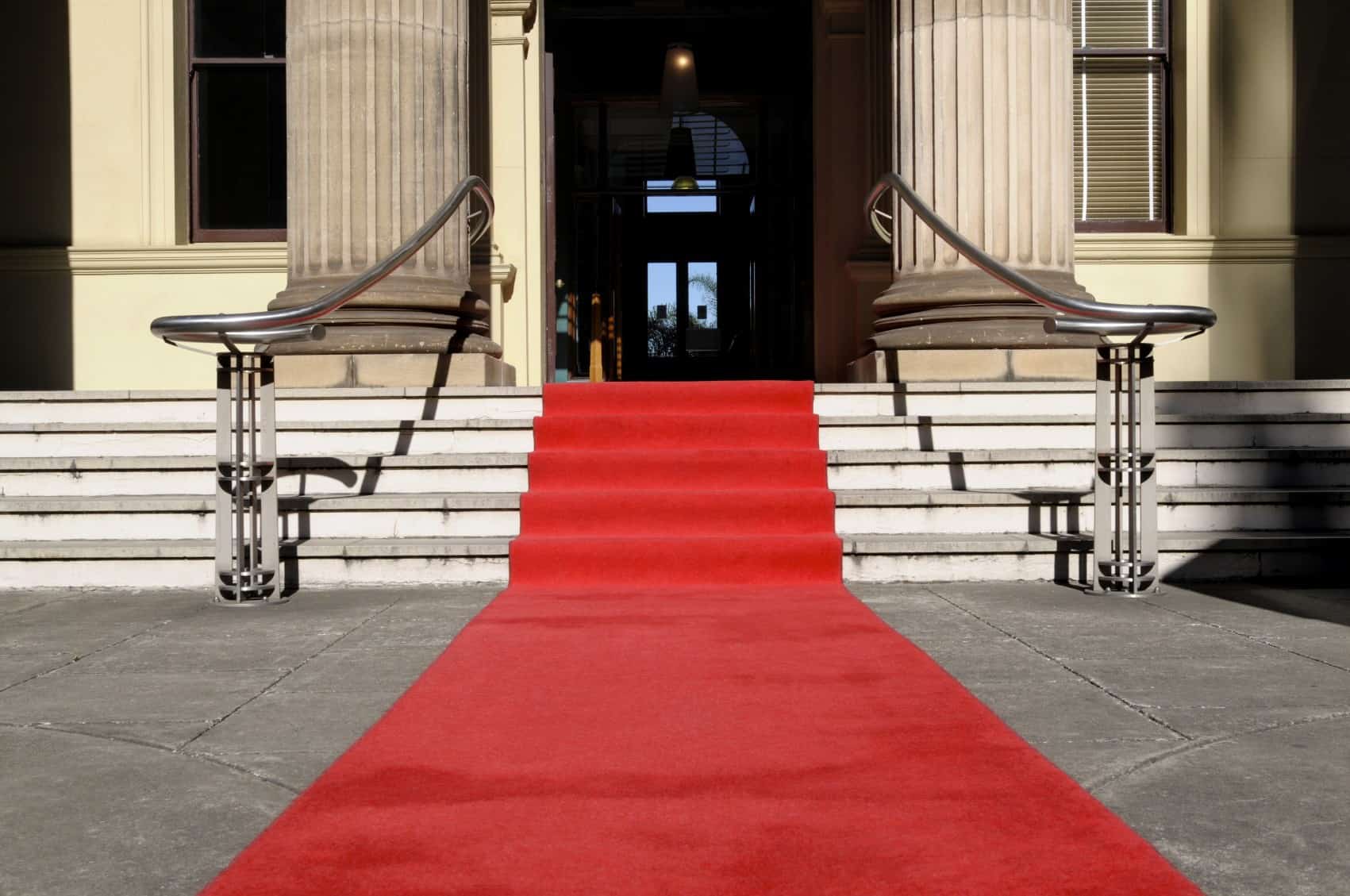
I received an email yesterday from a friend of mine whose son is a brilliant high school senior. She wanted to know what they should think about invitations her son has received to apply to colleges through VIP or priority applications.
Here is her question:
My son has received approximately 10+ email/print invitations from schools to complete their priority applications. These invitations say there are no essays, no application fees and quick scholarship notification, etc. The schools that I can remember are:
- Drexel University
- Rice University
- Tulane University
- Fordham University
- University of Denver
- University of Tulsa
- Loyola New Orleans
- Macalester College
- Rensselaer Polytechnic Institute
- Rochester Institute of Technology
- Colorado School of the Mines
Is this a gimmick to increase their application numbers? Would it be worth filling out the applications (meaning – do you think there is any scholarship money at the end of the tunnel?) I appreciate any thoughts you might have on this matter.
Be Careful!
What my friend has described is a college application that’s referred to in the industry as a fast app or fast application. This is the time of year when high school seniors across the country are receiving these apps whether they are called priority apps, VIP applications or some other names.
Here is how an article in The Chronicle of Higher Education once described these quickie applications:
Many high-school counselors offer colorful descriptions of “fast track” applications, an increasingly popular recruitment tool among colleges. Such applications come with students’ names and other information already filled in. Typically these solicitations also provide other incentives, like waived essay requirements, and promise quick admissions decisions.
For these reasons, some counselors call them “crap apps.” Matthew J. DeGreeff, director of college counseling at the Middlesex School, in Massachusetts, uses a simile instead. “This is like catnip for admissions deans,” he says, “because you can expand the application pool overnight.”
The Motivation Behind VIP Applications
Why are schools making it easy for students to apply?
For starters, it boosts their applications numbers. With the help of outside firms, colleges send out thousands and even tens of thousands of applications that are easier for teenagers to complete than the typical ones.
That’s what Drexel University has been doing, according to another Chronicle article. The school buys hundreds of thousands of names of teenagers who have scored within a certain range on the SAT and then sends them a letter asking if they’d like more information. All the students who respond yes end up getting an VIP application. Can everybody be a VIP?
In contrast, Ursinus College has abandoned its fast application practice (to its credit), which had made the liberal arts college, a red hot school as its applications soared. You can get a better appreciation of the fast-app practice by reading this New York Times article from earlier this year:
A College Opts Out of the Admissions Arms Race
Schools Not That Into You
Just because a student receives one of these applications certainly doesn’t mean the school is interested in him or her. In some cases, schools use these applications to increase their applications so they can reject more students. Selectivity, after all, is something that US News’ college rankings care about.
If applicants receive scholarships from a school, it’s not because they completed fast applications. In fact, relying on a fast app might cause a student to overlook talent scholarships that may require an additional application. The easiest way to find out if a school will give a teenager a scholarship is to use its net price calculator.
Bottom Line:
Don’t apply to a school because it appears to like you. Only apply for the right reasons and you won’t get snookered by fast apps.

I am a little puzzled about why you are portraying these VIP/priority applications so negatively. I don’t see the downside (to the student) in applying to a school that indicates an interest in them – especially if the application fee is waived. None of the schools you list are “sketchy” or lack accreditation – quite the contrary – and none are perpetrating a “scam”. I understand that the VIP applications are a marketing tool for colleges – and one which could backfire (as it sounds like it did for Ursinus) if applications flow in, but students don’t enroll once accepted. However, as I see it, that is the fault of the college as perhaps the students they are soliciting are not a good match for their school. To me, it seems the VIP application is a good way of introducing a school to students who might not otherwise be familiar with it, and who are open to looking at a variety of schools (and who appreciate a free application offer). A counselor at our local public high school encouraged students to do their research and then take advantage of these free applications (as long as they are from known schools, such as those you have listed) saying the student has nothing to lose by applying. Since the school appears to be interested, the student might find they are well positioned not only for acceptance but for an offer of merit money. I know of several students who are attending schools who solicited them in this fashion and are very happy attending, and have been the recipients of generous merit aid.
Thanks for running this column again, Lynn. It’s always good to remind students that they need to apply to colleges for the right reason.
Sometimes these college applications make students feel special until they realize how many other students already received one. Many are from schools students would not consider otherwise.
http://www.collegedirection.org
I agree with your assessment generally, Lynn. My daughter received fast app offers (one including a small scholarship) from small, liberal arts colleges she had visited and showed some interest. We were glad not to have do essays for these schools!
Rice too, really?